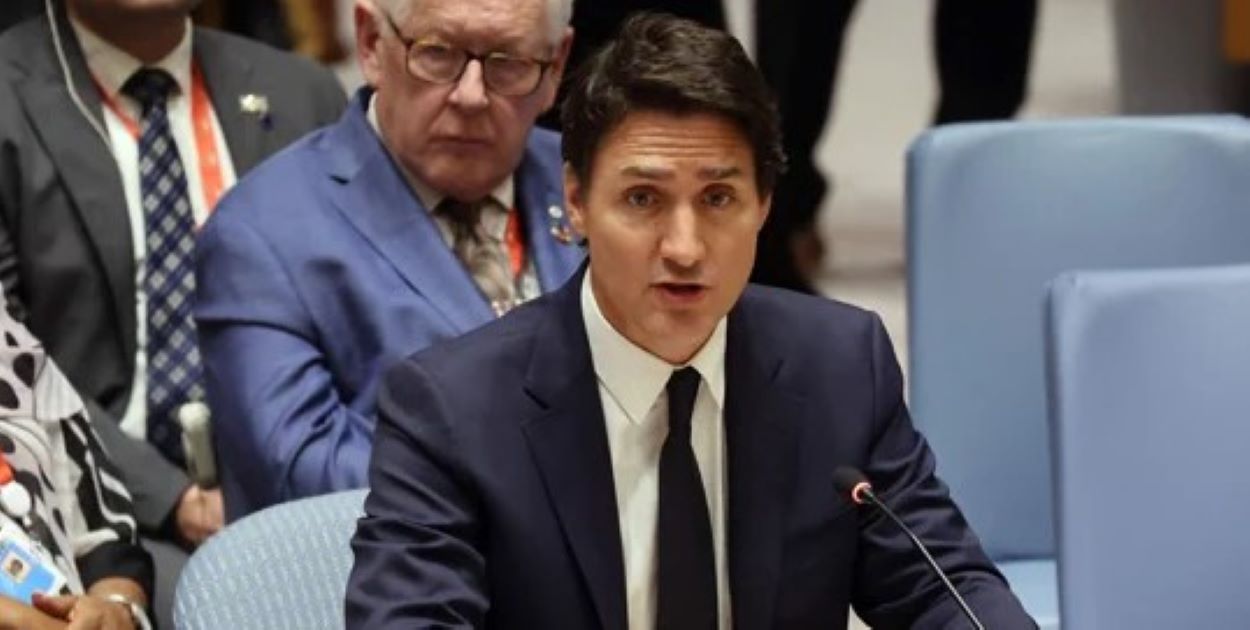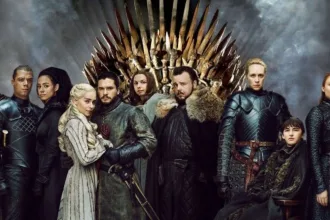Canadian Prime Minister Justin Trudeau survived a vote of no confidence on Wednesday, marking a significant test for his minority Liberal government, which is now in its ninth year.
Despite this victory, Trudeau’s position remains precarious. The main opposition Conservatives have pledged another attempt to oust his government as soon as next Tuesday.
After a contentious debate featuring strong exchanges and visible frustration among members of Parliament, the Conservative motion to disband the Liberals and trigger snap elections was defeated 211 to 120.
Tory leader Pierre Poilievre, who is leading in the polls, has been eager for an election, especially since the New Democratic Party (NDP) ended a coalition agreement with the Liberals earlier this month, leaving Trudeau’s government more susceptible.
During Tuesday’s debate in the Commons, Poilievre criticized Trudeau for not tackling key issues such as the rising cost of living, the housing crisis, and increasing crime while accusing him of doubling the national debt. He declared, “The promise of Canada, after nine years under the Liberals, is broken.”
However, other opposition parties resisted Poilievre’s conservative push, with Liberal House leader Karina Gould accusing the Tories of “playing games.”
Following the no-confidence vote, the NDP supported the Liberals in passing legislation on capital gains taxes, thereby avoiding another political showdown.
Poilievre remains determined to continue his efforts, with another chance to challenge the government slated for next week.
Meanwhile, the separatist Bloc Quebecois has set a deadline of the end of October to see the Liberals meet its demands for continued support in Parliament.
Trudeau took office in 2015 and has since maintained leadership through two election victories over Poilievre’s predecessors in 2019 and 2021.
The agreement with the NDP initially promised to support the Liberal government until late 2025. However, the NDP withdrew early, citing damage to its popularity from the alliance.
Recent polls by Angus Reid show the Conservatives leading the Liberals, with the NDP closely following.
NDP leader Jagmeet Singh expressed that his party would evaluate legislative proposals on a case-by-case basis, particularly those aligned with NDP priorities like a national dental plan. Political analysts speculate that no election is likely until at least spring 2025.
However, University of Ottawa professor Genevieve Tellier suggested an early election could occur before Christmas.
In the interim, Trudeau’s administration faces challenges in governance due to ongoing threats to its stability, according to Tellier.
Bloc leader Yves-Francois Blanchette emphasized that his support for the government hinges on progress in legislative priorities by the end of October, after which the Bloc may withdraw its support.
In Canada’s Westminster system, the ruling party must maintain the confidence of the House of Commons by securing majority support among members. The Liberals hold 153 seats, compared to the Conservatives’ 119, the Bloc Quebecois’ 33, and the NDP’s 25.






